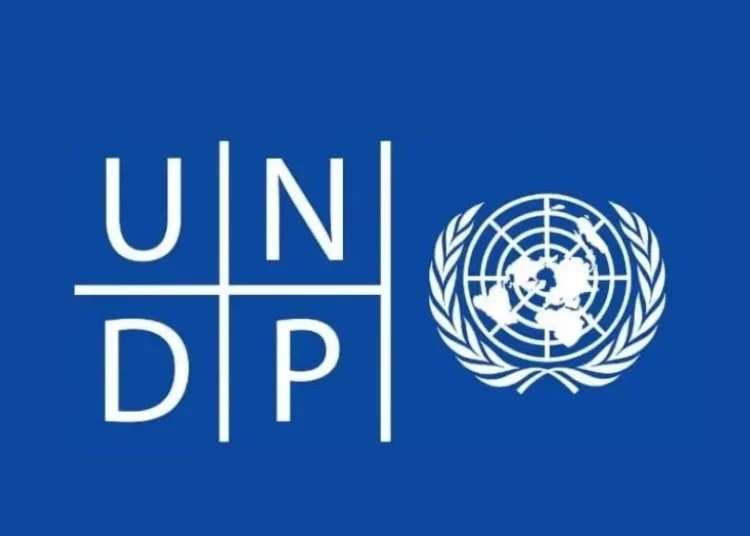A United Nations Development Programme (UNDP) Capacity and Institutional Needs Assessment Study has laid bare the gaps inherent in the operations of the House of Representatives.
These are evident in the lawmaking functions, legislative drafting capabilities, research and analysis functions, oversight mechanisms and engagement with the citizens being served.
Speaker Abbas Tajudeen disclosed this at the public presentation of the results of the capacity needs assessment study conducted by the House with the support of the UNDP and other partners in Abuja, yesterday.
Abbas said the study is in line with the 10th House Legislative Agenda, which identifies the strengthening of the internal capacity of the legislature as a critical factor towards achieving all other legislative objectives.
Represented by his deputy, Hon. Benjamin Kalu, the speaker said the document titled: “Parliamentary Development Programme”, which contained the results of the study, reflects the current capabilities and the urgent requirements needed to elevate the standards of the House’s legislative functions.
He said, “The UNDP’s Capacity and Institutional Needs Assessment Study has laid bare the gaps in our current system. It has highlighted areas where the House needs to strengthen its capabilities to meet the demands of contemporary governance.
“These include but are not limited to strengthening our lawmaking functions, enhancing our legislative drafting capabilities, improving our research and analysis functions, bolstering our oversight mechanisms, and advancing our engagement with the citizens we serve.
“In view of these challenges, we must embrace a culture of continuous learning and capacity development. We must invest in human capital development, ensuring that members, staff and legislative aides are equipped with the knowledge and tools necessary to navigate the complexities of modern legislative work.
“This involves not only formal training programmes but also fostering an environment that encourages innovation, critical thinking, and a deep understanding of the issues facing Nigeria.”
According to the speaker, the high turnover rates at the National Assembly posed a significant challenge to maintaining continuity and building on the institutional knowledge crucial for effective governance.
Abbas noted that in the 10th Assembly, over 80% of the members are new to the legislature, saying the phenomenon, combined with the growing expectations of citizens for transparency, accountability, and efficiency, underscores the urgent need for a robust framework for capacity building within the parliament.
He said the resource requirements for effectively addressing all the capacity issues identified in the report are enormous but the House is willing to play its part by committing the necessary funds to improve internal human and institutional capacity.
The speaker disclosed that UNDP has indicated its willingness to collaborate with the House in allocating funds and mobilising other donors, development and technical partners and thanked them for their unwavering support.
Partners at the event included UNDP, Policy and Legal Advocacy Centre (PLAC), Konrad Adenauer Stiftung (KAS), YIAGA Africa, Civil Society Legislative Advocacy Centre (CISLAC), Order Paper, BudgIT, Partnership to Engage, Reform and Learn (PERL), the European Union and the National Assembly Business Environment Roundtable (NASSBER), among others, most of whom pledged their support to the capacity building of the House.











